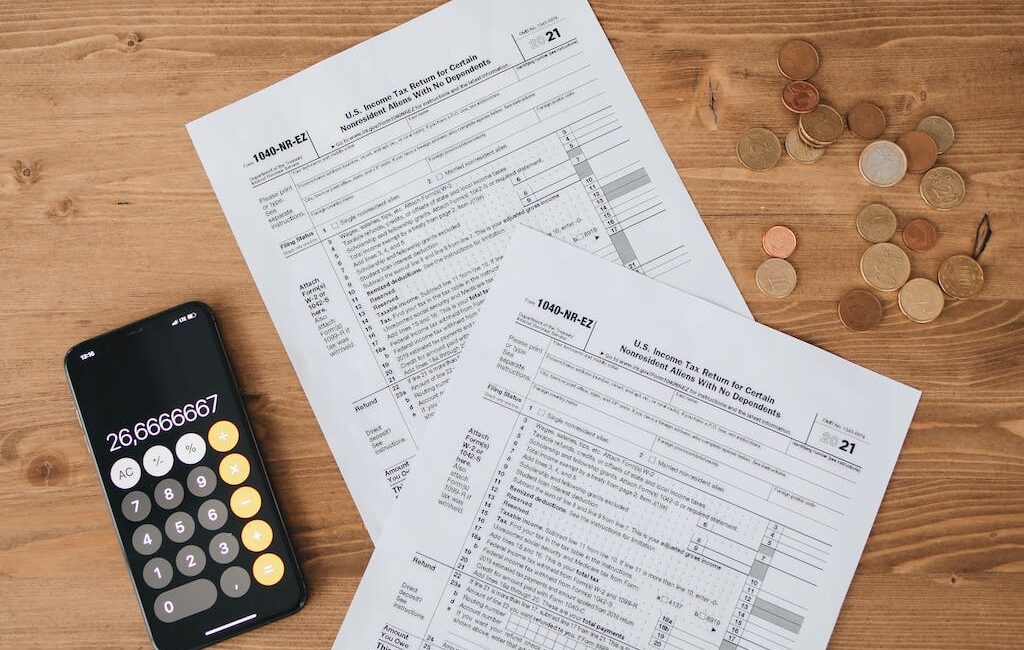While paying taxes is an essential part of being a responsible citizen, it can be frustrating to see a part of your hard-earned income going towards taxes. However, there are several legitimate strategies and actions you can take to protect your income from high tax deductions. Read along to get practical guidance on how to protect your income from excessive tax deductions.
Maximize Tax Deductions and Credits
One of the simplest ways to reduce your tax liability is to make the most of available tax deductions and credits. Familiarize yourself with the tax laws and identify deductions that apply to your situation, such as deductions for medical expenses, education expenses, or business expenses. Additionally, explore tax credits like the Earned Income Tax Credit, Child Tax Credit, or Educational Tax Credits. By maximizing these deductions and credits, you can lower your overall taxable income.
Contribute to Retirement Accounts
Contributing to retirement accounts such as traditional Individual Retirement Accounts (IRAs) and 401(k) plans are typically tax-deductible. By maximizing your contributions to these accounts, you lower your taxable income for the year, potentially resulting in lower tax deductions. Additionally, retirement accounts offer long-term tax advantages, as the earnings generated within these accounts are usually tax-deferred or tax-free until withdrawal.
Optimize Your Investment Strategy
Investments can impact your taxable income, so optimize your investment strategy to minimize the tax implications. Consider holding investments in tax-efficient accounts, such as Individual Retirement Accounts (IRAs) or Health Savings Accounts (HSAs). Focus on long-term investments, as short-term capital gains are usually taxed at higher rates. Additionally, explore tax-efficient investment options, such as index funds or tax-managed funds, which aim to minimize taxable distributions.
Plan for Charitable Contributions
Charitable contributions not only benefit your chosen causes but can also provide tax deductions. Strategically plan and time your charitable contributions to maximize their impact on your tax liability. Keep documentation of your donations, including receipts and acknowledgment letters, to support your charitable deductions when filing your tax return.
Seek Professional Advice
Tax laws and regulations are ever-changing, so seeking advice from a tax accountant or financial advisor can be valuable. An expert can provide personalized guidance based on your unique financial situation. This will ensure you take advantage of all available tax-saving strategies and navigate any potential pitfalls.

